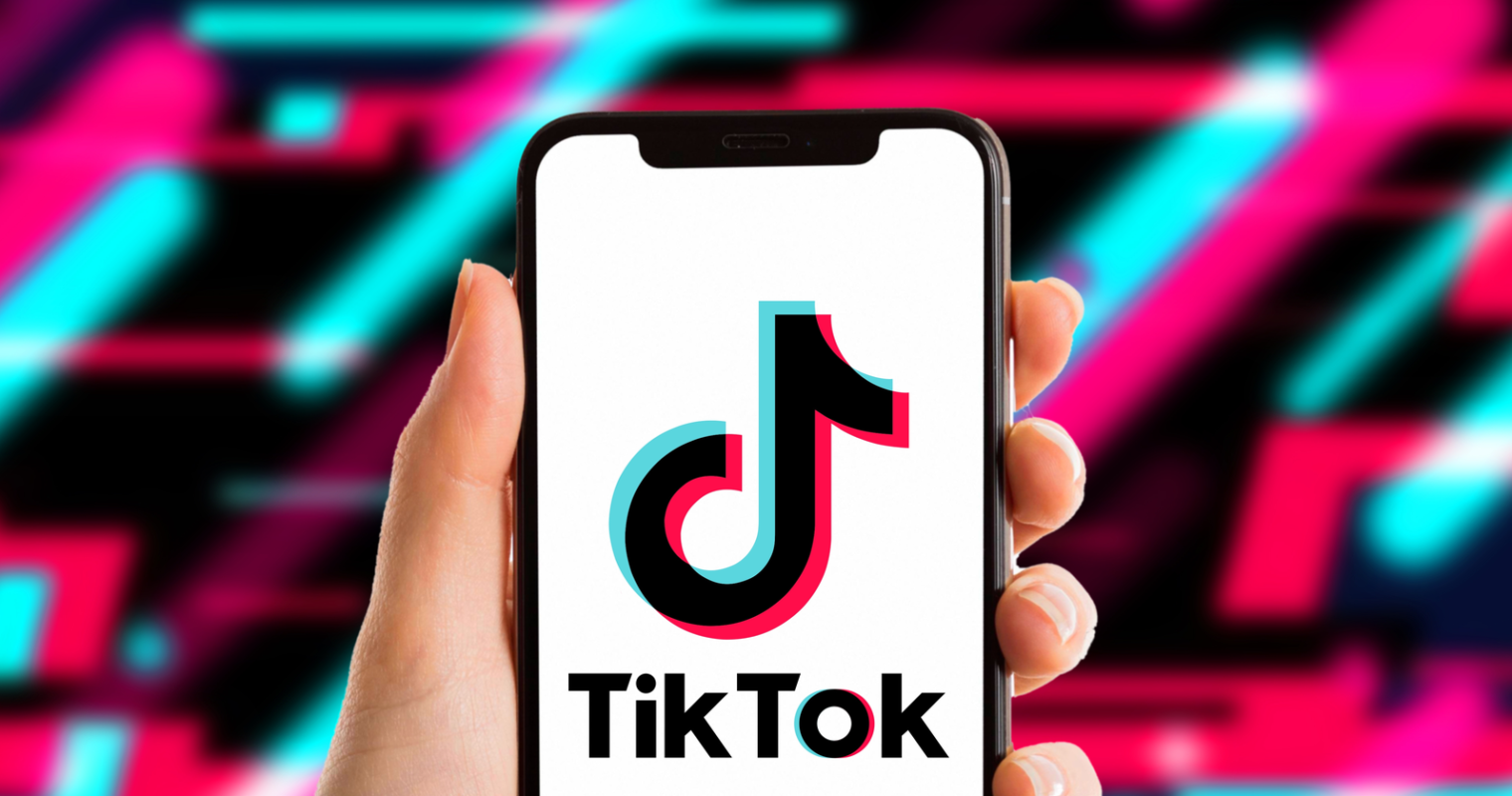Newly posted videos are instantly subjected to an AI-driven evaluation, according to TikTok’s website.
An estimated 20% of search results provided by TikTok contain false information, according to a recent study released by NewsGuard, a US-based website run by journalists monitoring internet misinformation.
To maintain its impartiality for the research, the site has carried out searches using brand-new TikTok accounts. Among the topics they looked for using neutral search terms were the US “2022 election,” “mRNA vaccine,” “January 6 FBI,” “US Capitol riot,” and “Uvalde tx conspiracy,” which is related to the May 2022 school shooting in Uvalde, Texas.
NewsGuard discovered that out of the 540 TikTok results they acquired from the top 20 results from 27 searches, a total of 105 videos featured incorrect or misleading statements. As such, 19.4% of total search results contained inaccurate information.
The website further discovered that when a user entered a neutral term, TikTok automatically proposes controversial search results. For example, when users searched for “climate change,” TikTok would propose terms like “climate change refuted” and “climate change doesn’t exist,” as well as “covid vaccine revealed” or “covid vaccination hiv.”
The group also pointed out that when searching for “covid vaccine,” Google returned results like “walk-in covid vaccine” or “which covid vaccine is best,” which were “more straightforward”, while on the other hand, TikTok’s search results were “more polarizing than Google’s.”
Threat to “young generation safety”
The results coincide with TikTok’s growing popularity among Gen Z, who are frequently classified as those born between 1997 and 2012. According to new study by Google, young people are increasingly using TikTok as a search engine, switching from Google to the video-sharing platform to acquire information, which poses a serious threat to their safety, according to NewsGuard.
A TikTok spokesman responded to NewsGuard’s request for their thoughts on the findings by citing the platform’s community guidelines.
According to the spokesman, TikTok’s guidelines “make it clear that [they] do not allow harmful misinformation, including medical misinformation, and will remove it from the platform. [TikTok] partner with credible voices to elevate authoritative content on topics related to public health, and partner with independent fact-checkers who help assess the accuracy of content.”
According to the platform’s website, newly posted videos are instantly subjected to an AI-driven evaluation. The guidelines specify that if the AI finds a problem, the video will either be removed or forwarded to a human moderator for additional evaluation.
NewsGuard claimed, however, that TikTok did not directly respond to specific questions on who determines how TikTok’s search engine algorithm feeds users results; whether and how, if at all, TikTok’s search engine algorithm is modified to prevent it from feeding users false information; and why TikTok’s search function prompts users to search for misleading information.
Youtube attempts to take on TikTok
As TikTok’s market share grows, YouTube has introduced a new mechanism for producers to monetise short-form video.
The streaming service, which is owned by Google (GOOGL.O), revealed in September that it will start running ads on its video feature Shorts and give video producers 45% of the proceeds. This contrasts with TikTok’s $1 billion fund for paying producers and its usual payout of 55% for videos other than Shorts.







